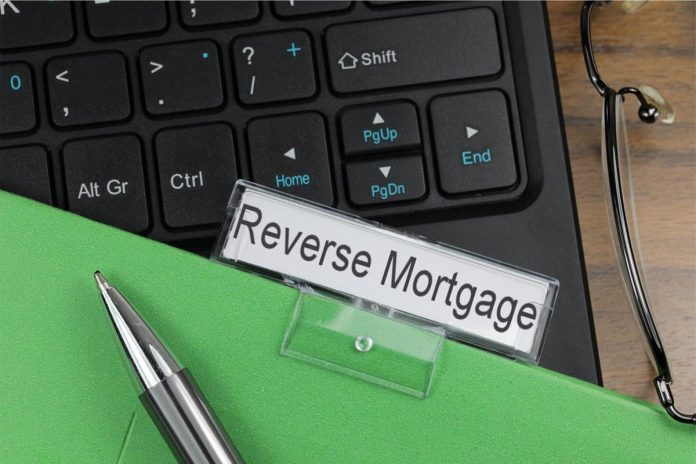You’ve by now seen the commercials on television where a famous, now aging actor spews forth about the benefits of older folks seeking a reverse mortgage loan to put cash in their pockets to spend on any number of things, from medical bills to around-the-world extended vacations. The commercials make reverse mortgage loans sound fun and easy. But the reality of reverse mortgage loans is that while they are a great option for aging homeowners who wish to capitalize on the equity they’ve been accumulating for decades, not all reverse mortgage loan companies are created equal. In fact, if a company is producing slick TV commercials with high paid actors, you can bet you’re going to pay a premium for their services.
According to Michael G. Branson (40 years mortgage banking experience), more than 99% of the reverse mortgage loans closed today are the FHA-insured home Equity Conversion Mortgage or HECM, that are backed up by HUD or Housing and Urban Development. With the same federal safeguards, the same government insurance for life, he goes on to say, why should you pay thousands more for a loan at one lender or over another? Even if all FHA-insured loans are backed by the same government guarantees, not all lenders offer the same rates. That’s why it pays to do your research and compare costs.
That said, what a reverse mortgage can do for you is this: it can eliminate the worry that goes with having to make monthly mortgage payments and therefore, you can enjoy a far lighter financial liability in your later years. However, mortgage expert and writer, Vance Long writes, like all mortgage options and varieties, a reverse mortgage has its advantages and disadvantages, which is why it’s important to understand completely what you’re entering into before signing on the dotted lined with a reverse mortgage lender.
What Exactly is a Reverse Mortgage?
Designed primarily for older homeowners aged 62+ who have accumulated significant equity in their home, a reverse mortgage home loan allows you to sell your property to a lender at a specific price. But here’s the good part. You’re still allowed to remain in your home until you either decide to move out, or you die. The loan can then be used to pay off credit card debts, medical bills, or any way you see fit. What’s important is that you no longer have to pay a home loan while still living in your home. While some consider a reverse mortgage a sort of last resort when it comes to paying off debt, it’s actually a very good way to lesson your fiscal burden and have less worry during your golden years. What it comes down to is this: if you’re having trouble keeping up with the bills during retirement but, at the same time, have quite a bit of equity in your home, capitalizing on a reverse mortgage just might be the perfect option.
Who Precisely Can Benefit from a Reverse Mortgage?
Minimum age for applying for a reverse mortgage loan is 62. But again, the loan isn’t designed for everyone. Says, Long, it has a number of disadvantages especially if you don’t have enough equity in your home to make it work and if you see yourself moving in a few years. But the people who will most definitely benefit from the loan are those who are staying put for the rest of their lives, people who plan on one day moving to a senior care facility, people who don’t have the cash on hand to support the lifestyle they once enjoyed while being employed, and people who weren’t able to save up enough money for both financial security and/or to handle emergencies.
How is a Reverse Mortgage Calculated by the Lender?
The most important thing your potential lender must keep in mind, is this: they must make certain the home loan amount does not exceed the value of the home. It’s because of this that certain factors are taken into careful consideration when calculating the reverse mortgage loan amount. Some of these factors include the current equity on the property, the rate of interest accrued over the course of the loan, loan length, and the appreciation or depreciation of the home in its specific marketplace.
Your Reverse Mortgage Rules
If your reverse mortgage is approved, you will contractually agree to maintain the home in good condition, plus you still need to pay your home insurance and property taxes, just like you’ve always done. If you have an outstanding home loan, it needs to be paid off prior to the lender taking over the property. But you will discuss all of this with your lender prior to placing your signature on the loan.
If you’ve spent a good portion of your life working hard and building up equity in your home, but are still having trouble making ends meet in retirement, a reverse mortgage loan just might be the perfect solution to your money problems. You will not only stay in your beloved home for the rest of your days, but more than likely, you will have some extra money to do the things you love, like buy that new car you’ve had your eye on, or travel the world. Just make sure to do your reverse mortgage lender research first or else you could end up paying more than you have to.


























